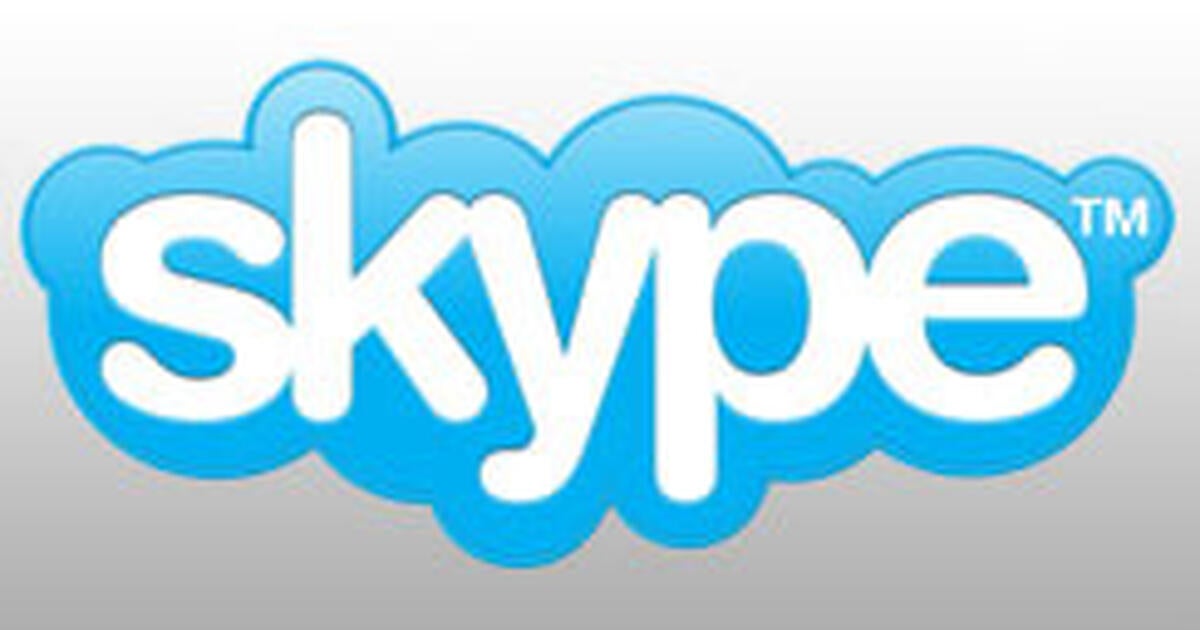The End of an Era: Microsoft’s Closure of Skype After 14 Years
In a surprising move, Microsoft has announced the shutdown of Skype, a platform it acquired for $8.5 billion in 2011. This decision marks a significant shift in the tech landscape, prompting questions about the future of communication tools and user preferences. With the rise of various competitors and changing user demands, the closure of Skype signifies not only the end of an era but also reflects evolving trends in digital communication.
A Brief History of Skype
Skype was launched in 2003, quickly becoming synonymous with online voice and video calling. It revolutionized the way people communicated across distances, allowing users to connect without the constraints of traditional phone lines. Its user-friendly interface and innovative features, such as screen sharing and group video calls, made it a favorite among both personal and business users.
In 2011, Microsoft acquired Skype, aiming to integrate its functionality into its suite of products, including Windows, Office, and Xbox. This acquisition was seen as a strategic move to bolster Microsoft’s position in the communication sector, especially as competition began to intensify with the rise of social media platforms and mobile messaging apps.
The Rise of Competitors
As technology evolved, new players emerged in the communication landscape. Platforms like Zoom, WhatsApp, and Microsoft Teams began to dominate, offering users alternative solutions that often came with enhanced features and seamless integration across devices. The pandemic further accelerated the adoption of these tools, as remote work and virtual meetings became the norm.
- Zoom: Known for its user-friendly interface and robust video conferencing capabilities, Zoom saw unprecedented growth during the COVID-19 pandemic.
- WhatsApp: This messaging service has become a staple for instant communication, providing end-to-end encryption and a simple user experience.
- Microsoft Teams: Microsoft’s own collaboration tool, Teams, has gained traction in business environments, especially as remote work solidified its importance.
The increasing popularity of these platforms highlighted Skype’s struggles to adapt. While Skype was once the go-to choice for video calls, it gradually lost market share as competitors offered more modern features and user-friendly experiences.
User Preferences Shift
In recent years, users have demonstrated a clear preference for applications that provide not only communication but also integration with other services. For instance, businesses have increasingly favored platforms that offer project management and collaboration tools alongside messaging capabilities. This shift in user behavior underscores a demand for multifunctional applications rather than standalone communication tools.
Moreover, younger generations, who are typically more tech-savvy, tend to gravitate towards platforms that resonate with their lifestyles. Social media giants such as Facebook and Instagram have incorporated messaging features that align with how users want to communicate—quickly and visually. This trend has further sidelined traditional communication platforms like Skype.
The Implications of Skype’s Shutdown
Microsoft’s decision to shut down Skype signals a broader trend in the tech industry: the need for adaptability. As communication needs evolve, so too must the tools we use. The closure of Skype raises several implications for users and the tech community at large:
- For Users: Current Skype users will need to transition to alternative platforms, which may require adjustments in how they communicate and collaborate. This transition may be a challenge for some, particularly those who have relied on Skype for years.
- For Microsoft: The company’s focus has shifted towards Microsoft Teams, which has shown remarkable growth. This pivot illustrates Microsoft’s strategic direction in prioritizing collaborative tools over traditional communication services.
- For the Industry: The closure of Skype could encourage innovation among other platforms, as they seek to fill the void and cater to the evolving needs of users.
The Future of Communication Tools
The end of Skype invites speculation about what the future holds for communication tools. As we look ahead, several trends are likely to shape the next generation of platforms:
- Enhanced Integration: Users will demand tools that seamlessly integrate with various applications, enabling smoother workflows. Platforms that can provide this capability will likely thrive.
- Focus on Security: With increasing concerns over privacy and data security, future communication tools will need to prioritize robust security measures to gain user trust.
- AI and Automation: The integration of artificial intelligence to enhance user experience—through features like automated transcription, real-time translation, and smart scheduling—will become more prevalent.
Moreover, as remote work continues to be a significant aspect of the professional landscape, collaboration tools that enhance team dynamics will be essential. This shift could lead to the emergence of new platforms that blend traditional communication features with advanced collaborative functionalities.
Conclusion: Embracing Change
The end of an era for Skype serves as a reminder of the fast-paced nature of technology and communication. While the closure may be disheartening for long-time users, it also opens up opportunities for innovation and improvement in digital communication. Microsoft’s strategic pivot towards Teams reflects a broader understanding of user needs and market trends.
As we move forward, it’s crucial for users and developers alike to embrace change and adapt to the evolving landscape. The future of communication tools will undoubtedly be exciting, and those who remain open to new technologies will find themselves at the forefront of this digital revolution.
In conclusion, while we bid farewell to Skype, we must also look ahead to the new possibilities that await us in the world of communication. The end of Skype is not just the closing of a chapter; it is the beginning of a new story in the realm of how we connect and collaborate.
See more Future Tech Daily

